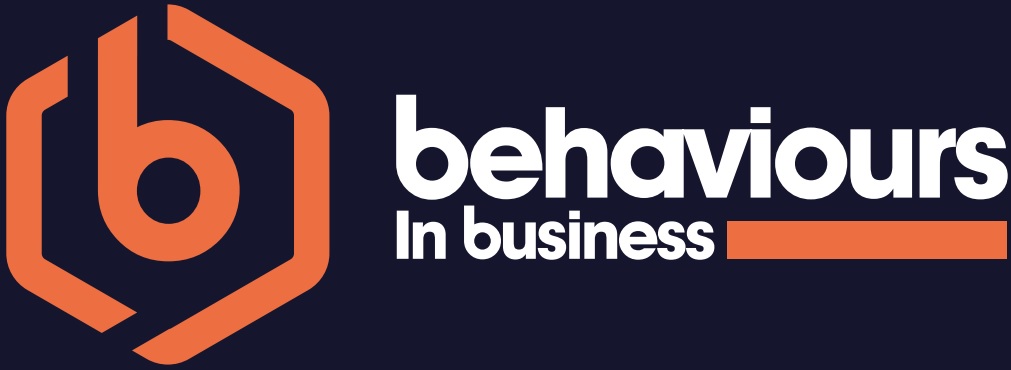
Six men in a village went to observe an elephant. It was their first time — all of them were blind. “It’s a pillar.” said the man who touched the elephant’s leg. “No, it’s like a rope.” — said other after touching the tail.
The blind men began to argue; everyone believed he was right. After observing the elephant, the rest thought that it was either a snake, spear, hand fan or branch. A wise man who was passing by calmly explained: “You are all right. Everyone noticed something different because each of you touched a different part; the elephant has all the features you all said.”
Our reality is like the elephant in this Indian parable: everyone observes parts of it. This is how others can see aspects of yourself that you don’t.
The problem with blind spots is that you don’t know what you don’t know. To get the whole picture of who you are, you need to consider other people’s perspectives, not just yours. Wrong perceptions can lead to misinterpretations. Your assessment of your behaviours is limited by what you don’t know. However, your blind spots are always visible to others.
Your “unknown unknowns” are your blind spots. It’s hard to acknowledge that, regardless how well you believe you know yourself, you are clueless about some of your traits. Increasing self-awareness is critical to see your whole picture.
We believe that we know ourselves better than we actually do. We overrate or underestimate others. We misunderstand the impact we have on other people, or the one others have on us.
Understanding the four main types of blind spots will accelerate your discovery journey.
1. Knowledge blindness
This cognitive bias occurs when people of low ability suffer from ‘illusory superiority.’ The Dunning-Kruger effect is the inability to evaluate our own competence objectively— think of a test, sports match or interview. We mistakenly assess our cognitive ability as more fabulous than it actually is.
Knowledge blindness makes you feel overconfident until others prove you wrong.
2. Beliefs blindness
Of the many types of faulty thinking, confirmation bias is the most deceiving. Your brain mostly registers the information and evidence that supports your core beliefs. If you think that global warming is for real, you will either discard or ignore any information that doesn’t match what you think. Beliefs encourage you to take sides, rather than to ‘see’ what you are missing.
Your beliefs are a tainted lens: they cloud everything you see.
3. Emotional Blindness
Emotions can cloud your perception — both what you feel about what you are afraid of feeling. If you hate your boss, you will never learn anything from them. What you feel expresses part of yourself, but don’t have to define who you are or your behaviours. You are not your emotions.
Your emotions make you focus on one aspect of reality.
4. Thoughts blindness
There’s nothing wrong with thinking. The issue emerges when you look ‘from’ your thoughts — they cloud your judgment. Believing that you are always right is living in denial. Being judgmental about yourself plays the same deceiving effect.
Your thoughts can eat you alive if you don’t stop them from taking over.
When you overestimate your abilities or only pay attention to the information that matches your beliefs, you become a victim of your blind spots. If your emotions or thoughts take over, you can’t address the elephant in your life — you don’t know what you don’t know.
Others’ feedback is a powerful way to uncover your blind spots.
Do you get defensive when someone asks you something personal or tend to interrupt people before they have finished making their point? Are emotions clouding your ability to make decisions or do you get caught by self-criticism?
Sometimes you don’t realise your behaviours unless someone tells you.
Here’s a simple exercise to help uncover your blind spots
- Write five words that describe you.
- Ask three other people to do the same (a family member, a co-worker and a friend).
- Compare the answers with your own assessment.
What were your likes / dislikes, differences / similarities with the others and the things you didn’t even know existed?
Self-awareness is a never-ending journey. When you believe you truly know yourself, you become blind — as it happened to the villagers. Observing one part doesn’t mean that you understand the whole ‘animal.’ Your blind spots are the elephant in your life. They affect your reputation and when you know they exist you can regulate them.
Why not address your elephants and challenge the notion that you know yourself well?
There’s always room for surprises.

Stay Connected: